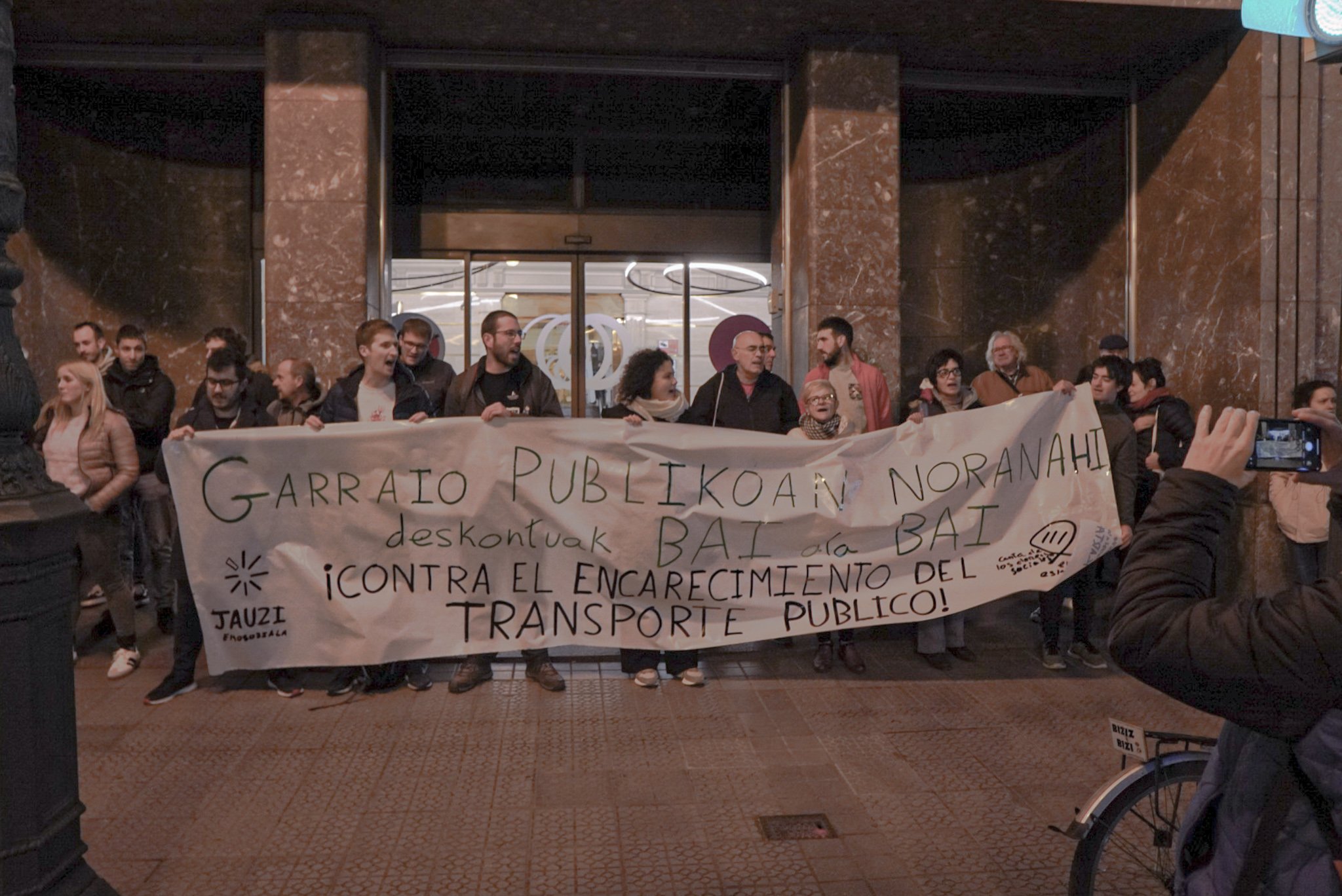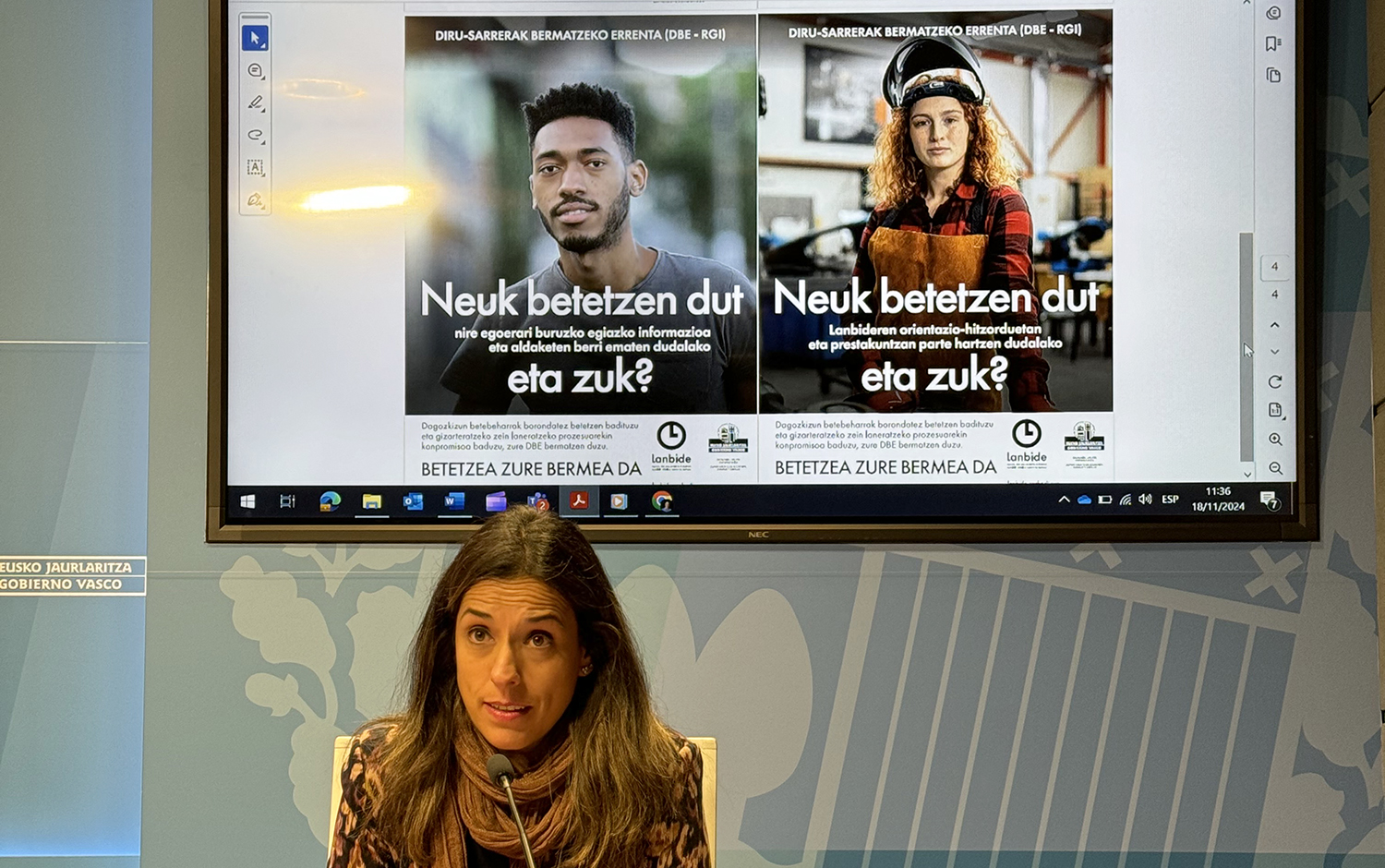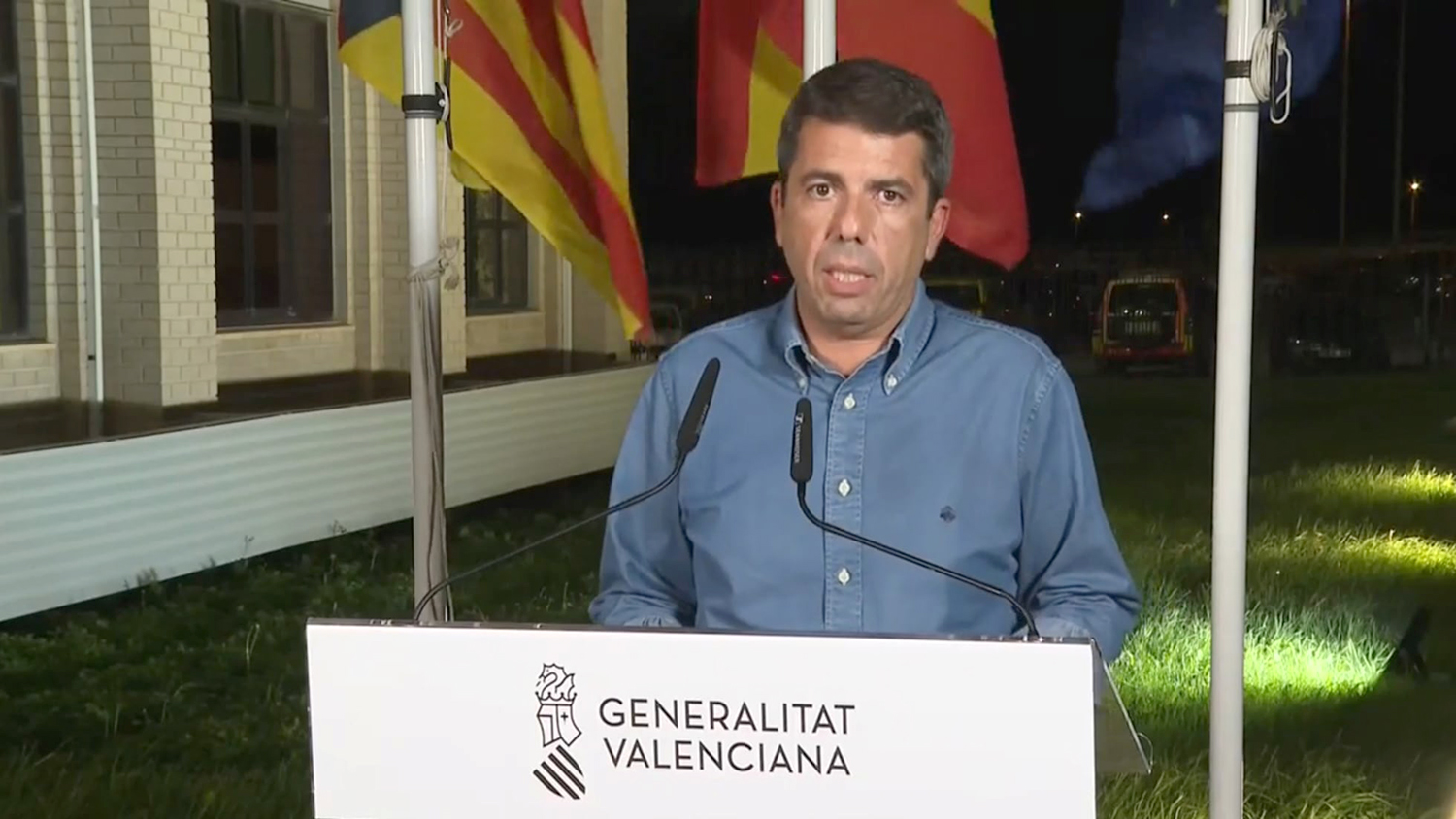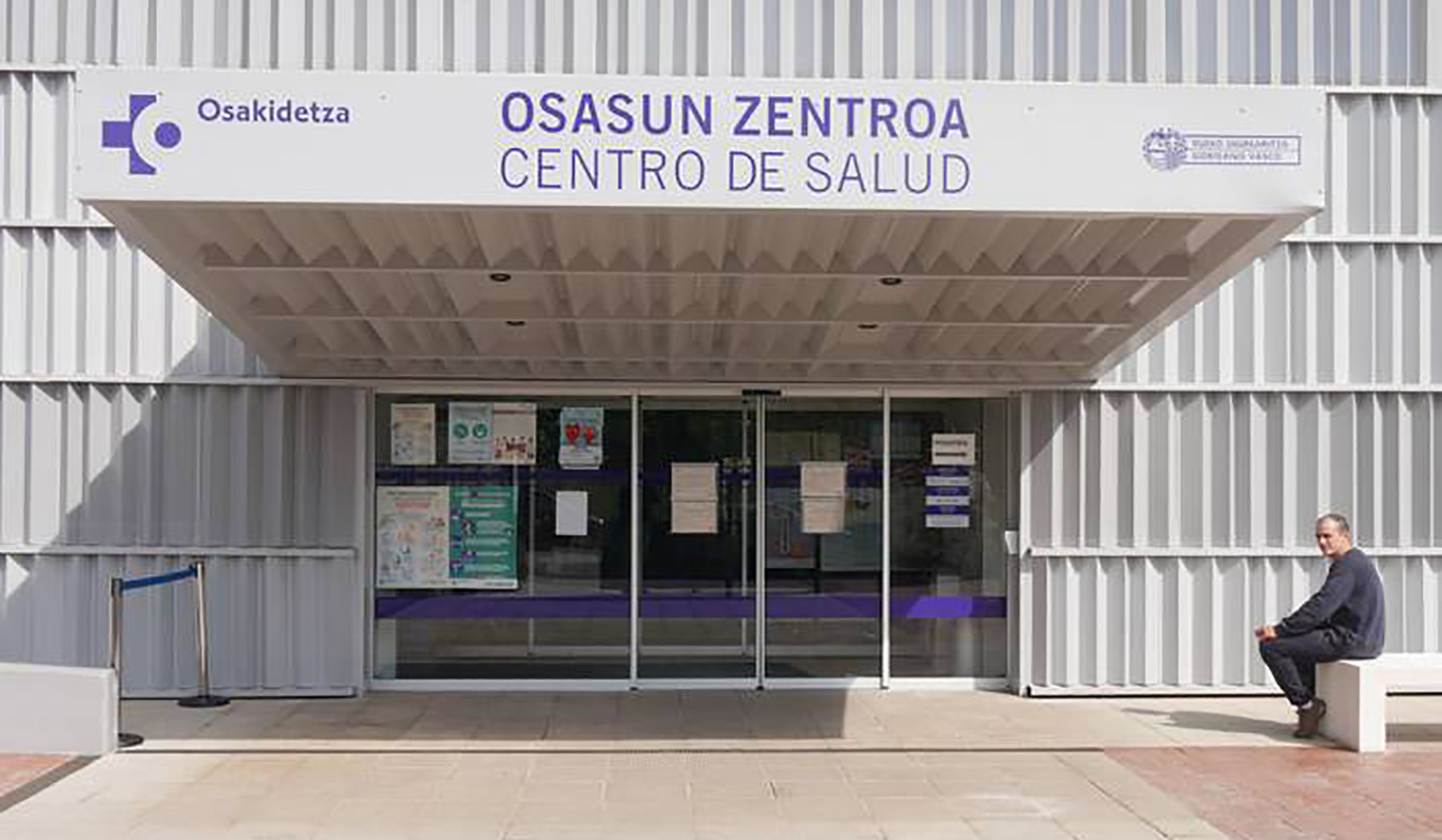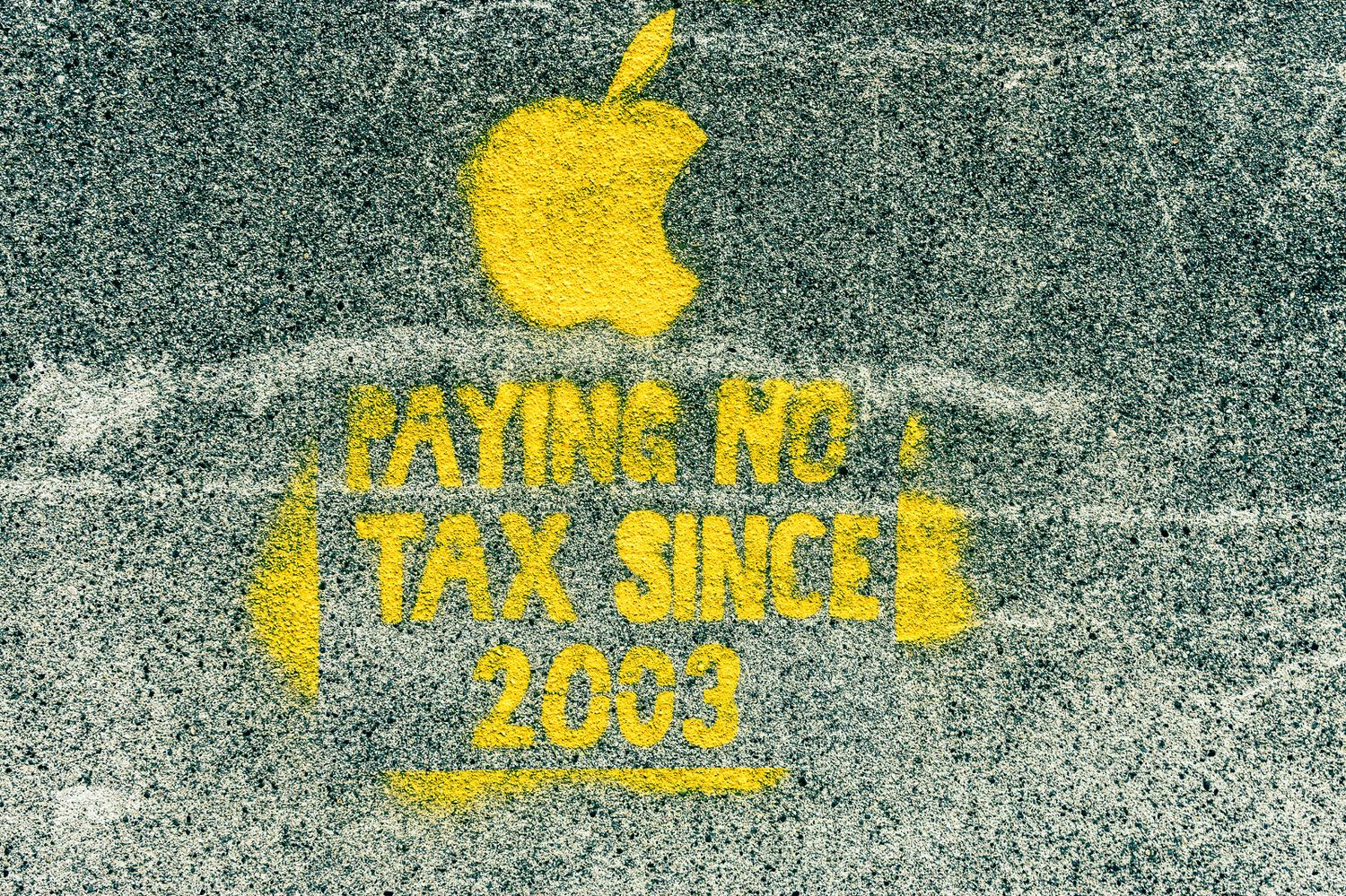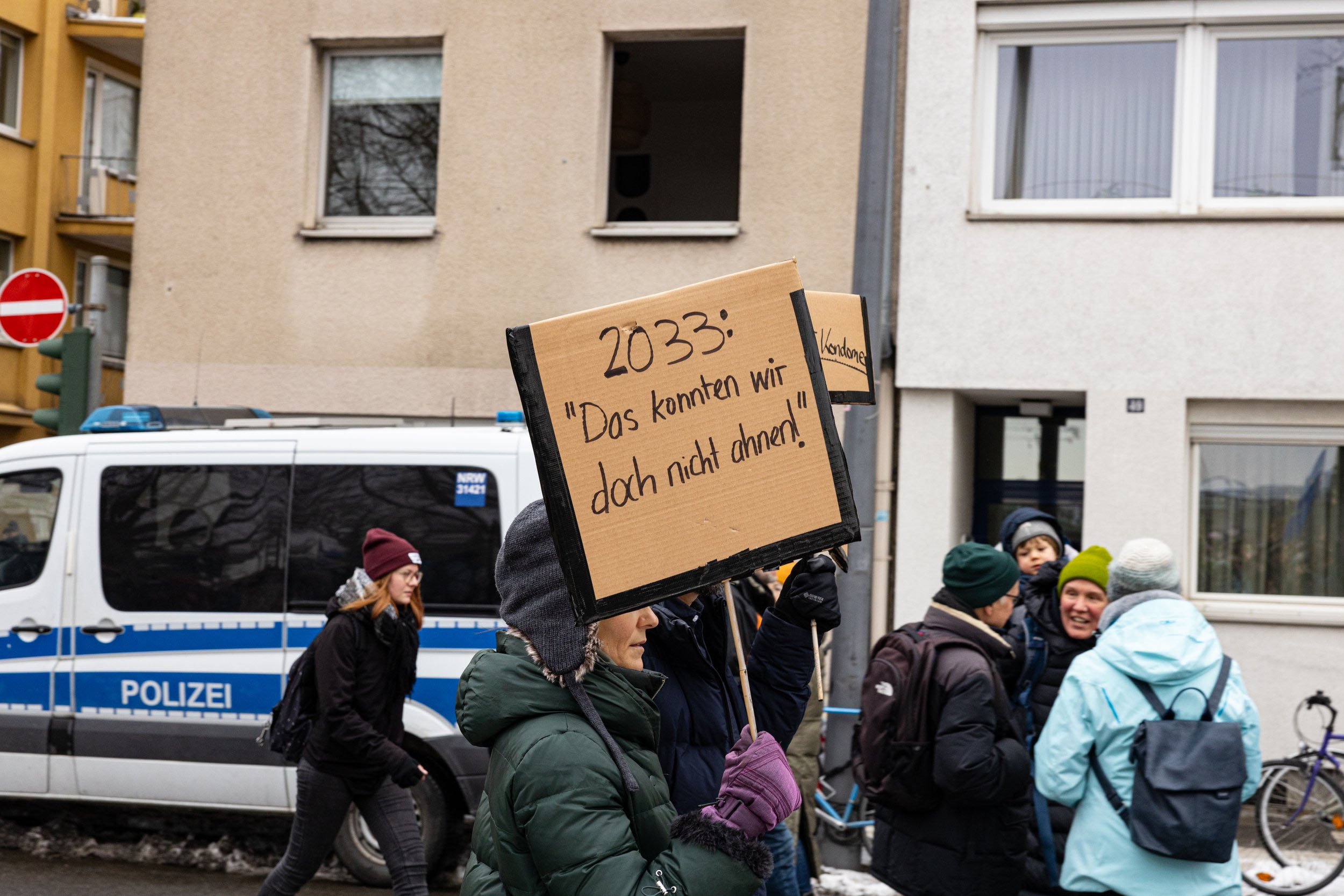The fête de la dette, to understand with a smile the debt that drowns us
- “What debt does is not just anyone,” the old said when access to credit was only from the hand of the rich. Today all the citizens of the world are indebted, because the rich have managed to get richer by leaving their debts at the expense of the states. In Paris they will try to understand the theatre and in the dance they will celebrate with humor the debt of all and all.
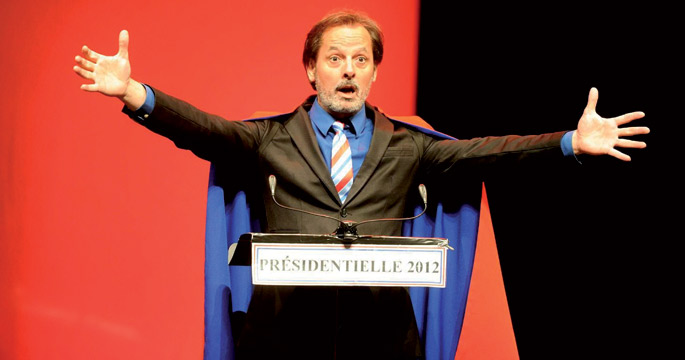
Debt was not mentioned enough in the European elections, although many think that it is one of the main data that determines everything from geopolitics to the daily inabilities of the people: the enormous public debt incurred by the states. In Paris, the day after the elections, you can talk about the holes in the state's safe.
The president of the Secours Populaire, Secours, secular red in France, Julien Laupete, for whom the benefits of the evening will be for this institution, and the actor Christophe Aleveque have organized an act to celebrate the debt between laughs and waltz: “La fête de la dette”, debt festival. Near the area of La Villette, the event will be held in 104 artistic spaces starting at 19:00 on May 31.
Cristophe Aleveque (1963) is a well-known actor in France. Since in 1991 he began to present the salty and politicized humor alone, he has performed radio, theater and film, as well as articles and books published in writing. He has often been invited to television. Framed on the left, in addition to attacking Sarkozy, they have been successfully provoked by the new Christian right of France.
Aleveque will drive the “Le tour de la dette in 80 minutes” that will be seen in the first part of the May 31 holiday, the return of debt in 80 minutes. They will have the presence of prestigious economists and trade unionists, including the writer and alterglobalist Susan George, who has just published the book. The dance is then announced, mixing the atmosphere of the popular guinguetes of the old street of Paris with happenings, exhibitions, participation of special guests, food and drink, etc.
“We want to analyse together – they say in the presentation of the programme – that knot that they have called ‘the debt problem’ without being exhausted or frightened. Because they say it's complicated, boring or frightening people. We will try to understand who the ‘debt’ is and who it benefits, to dig up the evidence, to demystify the corrupt beliefs of always, to kick the guilt we carry, to uncover the errors, to highlight the paradoxes, so that they do not tell us more: ‘Calm down, we will take care, you will go to the street to play.’
A playful and demanding act which, among many other organizations, has also supported the ATTAC alternative group (“Solidarité, festivité et civilité! Voici notre trinité!”) is a proposed Coopérative Direction Humaine des Ressources (DHR) association: “To connect the world of art and popular education, organizing public events, ateliers, film screenings/debates”. The DHR cooperative has recently launched the documentary “La dette” by filmmakers Nicolas Ubelmann and Sophie Mitrani.
States must, the rich treasures
Speaking of the debts of the states, until recently the people of Europe thought of the poor countries of the world. Since 1990, the Third World Debt Elimination Commission (CADTM) has defended the States of the South of the World to eliminate the illegitimate debt assumed by their authorities. However, the strategy used to manage the 2008 crisis has opened the eyes of many: How has so much debt accumulated today from states that cut all social protections to their citizens?
The CADTM association has long called for an audit of the debt of poor countries. When it started out as a financial crisis and what really is a systemic crisis plunged Greece, thanks to the Troika's rescue recipes, it began to talk about the need to audit public debt here. The Parisian would like to take a Gulf step in that path of bringing out the hidden.
The economist Thomas Coutrot, who will take part in the debate, has explained that the blame for public debt must be removed from the public’s back: working hours are few, holidays are excessively long, public aid spending is too large, etc. “With these lies they have sought to cover the fact that the guilty parties of the Administration’s hole are the companies and the rich to tax down, bound by the indifference of political decision-makers to speculation.”
The philosopher and judge of the French Court of Auditors Patrick Viveret will also take part in the feast of 31 May, to be held in London. “It has been seen in the Court of Auditors that over the past ten years the State has spared EUR 100 billion in taxes in one way or another in France. For whom? Certainly for the sake of the richest. After having earned more money, the rich have the power to hand over money to the state in debt. Therefore, they have earned twice: first by paying less taxes, the second by charging interest to the State for its debt.”
On the other hand, those who earn the least have a double penalty. On the one hand, they have fewer social services because the state charges less taxes. On the other hand, it must contribute its taxes to paying the State the interest on public debt. Do not complain if you are too poor to pay direct taxes, on salaries, because you will also pay with the VAT that charges all products and services.
Western States' indebtedness is at the heart of the growing inequality among citizens. The economist Pierre Larroutourou will explain in Paris why economic and social debt are intertwined. Since Ronald Reagan and Margaret Thatcher, the wages of Western citizens have been declining in the economy as a whole, both private debt and public debt have steadily increased, and yet, the profits of big corporations and wealthier families have been disparado.En the
15 strongest countries in the West, the lost wages of workers between 1976 and 2011 account for 150% of the gross domestic product.
Henry Ford is said to have said this in the 1930s, just in the midst of the crisis that has surpassed this 21st century. “It’s good that most American citizens don’t know how the banking system actually works, because if they knew it, tomorrow morning the revolution would erupt here.” In Paris, on 31 May, it is difficult to bring about a revolution. Isn't it going to be a little bit thickening the litmus cover of the last 30 years? Laughing and valuing, besides.











.jpg)


